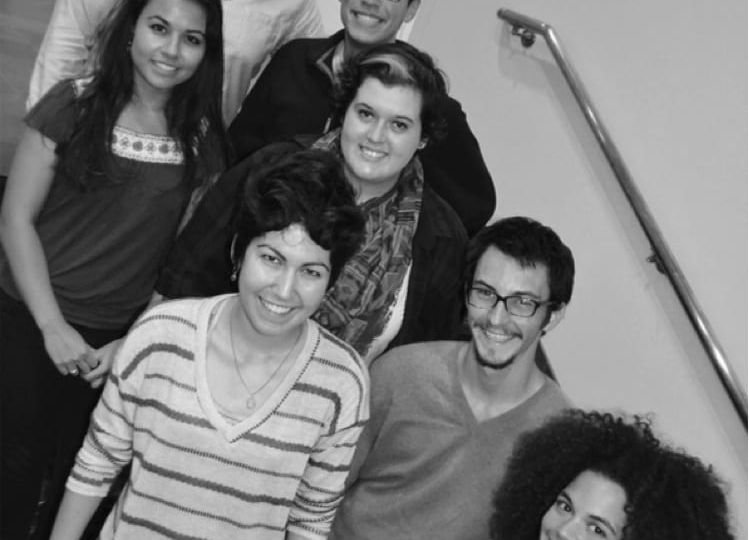
On Thursday, Oct. 10, the Board of Regents Student Committee BORSC brought a panel of students before the Board of Regents to discuss racial diversity.
The panel was a follow-up to a survey BORSC sent out which asked students’ opinions about racial diversity on campus. The survey garnered 70 responses. From these, BORSC pulled seven student panelists whose answers represented a variety of viewpoints and who seemed open to continuing a thoughtful conversation.
“What impressed me was what a huge step this panel was symbolically with the Regents,” panelist Hana Ferronato ’14 said. “Never before has this conversation been had with them in this structured way. All the issues are out there on the table and on record.”
The goal of the initial survey, according to BORSC Coordinator Will Raun ’14, was to learn what students considered to be key diversity issues. The panelists touched on many of these topics, including the absence of conversation about diversity in and out of the classroom, cultural separation and a lack of vocabulary for students to address racial issues.
Raun declared the panel a success, saying that the audience of alumni and Regents seemed receptive.
“I didn’t hear one negative comment about the presentation,” Raun said.
Panelists jumped at the opportunity to share their stories with Regents and alumni who may lack familiarity with everyday student life.
“In my first two years, I studied nothing but dead white men,” Britt Letcher ’14 said. She described the isolation she feels as one of the few people of color on campus and the pressure to represent her entire race to her peers.
“For some of them, I may be the only black face they see that day,” she said.
After the presentation, panelists, BORSC members and audience members continued the discussion over brunch. Raun recalled his surprise when speaking with one Regent who had a black roommate when he was a student but had never talked about the experience until recently.
“It took him 40 years to have a conversation with his roommate about race,” Raun said.
At a different table, Letcher had a similar experience.
“I talked to alumni from the 60s who are black, and they had a lot of the same problems I do,” she said.
BORSC members felt inspired to hold the panel when they realized that race is an issue at the forefront of students’ minds. During the panel’s planning stages, Raun told BORSC members to ask their friends from different backgrounds about their perspectives on diversity. The responses overwhelmed them.
“Every student we talked to is interested in having this conversation. Nobody shiesaway from the topic,” Raun said.
The trouble, according to panelist Allison Lonigro ’16, is figuring out how to bring the diversity discussion out to where Oles can discuss it comfortably and openly.
“We don’t have the vocabulary to talk about racial issues, and that’s really holding us back,” Lonigro said. “You can get through all four years without having that conversation.”
Another panelist, Chappy Gibb ’14, highlighted the lack of consistent diversity education. He said he is familiar with the term “white privilege,” but many people he talks to are not. Panelists tossed around ideas about how to incorporate knowledge of these terms into the St. Olaf experience.
“Maybe we could have a class where you can learn the vocabulary or include it in GEs. There are so many different ideas we can explore to make it possible to get this vocabulary,” Gibb said.
Because the panel was a closed meeting, BORSC is planning evening visits to dorms during the first half of November to inform students about the meeting and continue the conversation. It also plans to publish the survey comments anonymously.
Raun stressed that BORSC’s primary purpose is to represent the student body in meetings with the Board of Regents. He said that it is not BORSC’s duty to facilitate diversity conversations on campus, but he hopes others continue to do so.
“Everyone’s hungry to have that conversation. They just don’t know how to start it,” Raun said.
Panelists agreed that such discussions are relevant for everyone.
“No matter what, once we leave St. Olaf, we’re going to be in a multicultural world,” Gibb said. “We all leave the bubble.”
fridley@stolaf.edu
Photo Courtesy of Board of Regents Student Council

